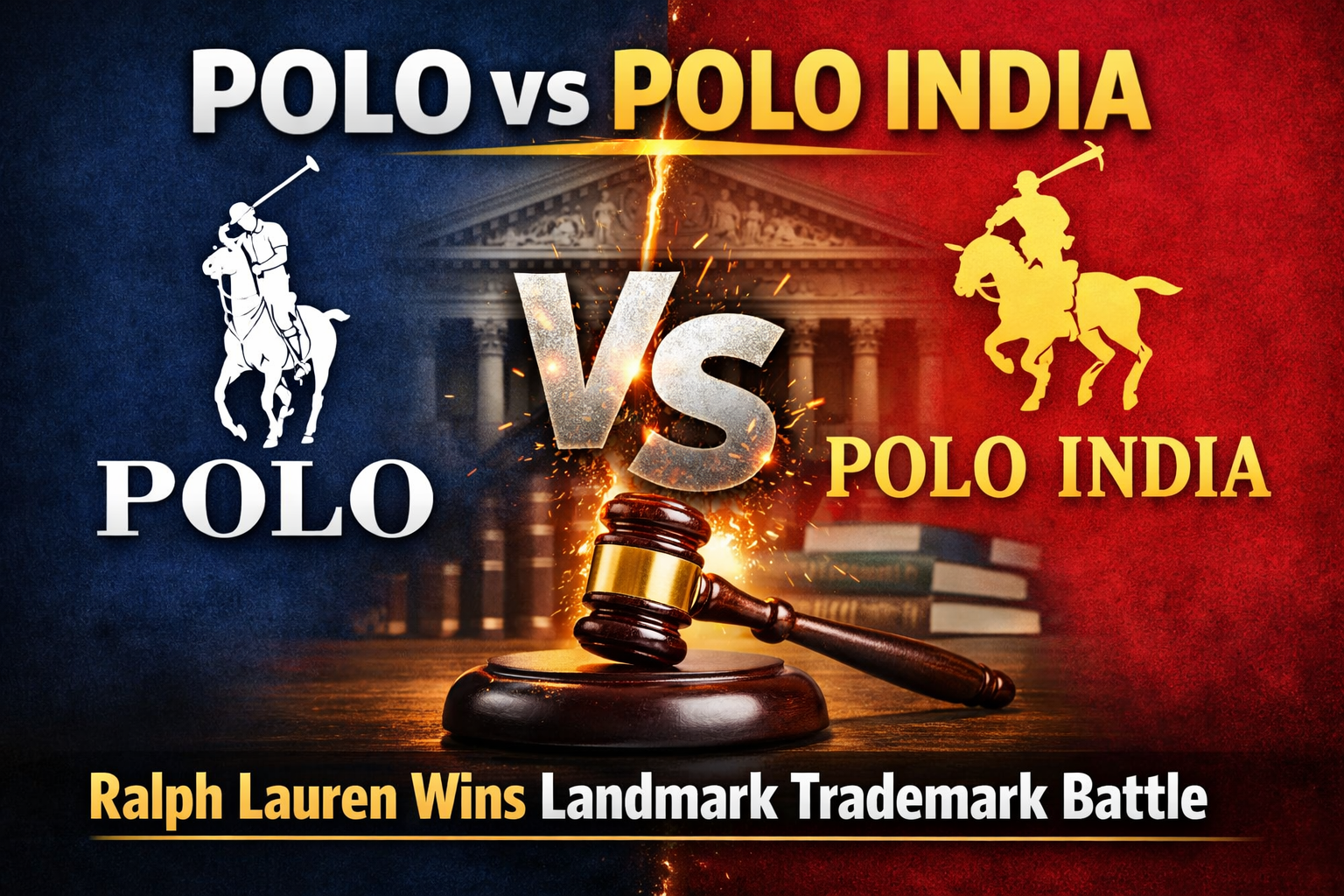
“THE TRUE COST OF WORDS: UNDERSTANDING THE IMPLICATIONS OF FREE SPEECH”
INTRODUCTION
The 21st century has radically transformed the way people communicate, with social media platforms, blogs, online forums, and messaging apps enabling billions to share their thoughts instantly and globally. This digital revolution brings with it a profound and complex question: What does free speech truly mean in the digital age…? As expression becomes more accessible and far-reaching, the delicate balance between freedom of speech, content regulation, and social responsibility has become increasingly difficult and more controversial to maintain. Free speech remains a foundational pillar of democratic societies, enshrined in constitutions, protected by legal frameworks, and defended by human rights advocates. However, as technology evolves, the challenges of defining and protecting this right also continue to grow. As tech companies enforce their own moderation policies and governments explore greater oversight, the boundaries of free expression are constantly being challenged reshaping how we define and experience this fundamental freedom in today’s fast-evolving digital world
WHAT IS FREE SPEECH…?
Free speech, or freedom of expression, is the right to share one’s thoughts, beliefs, and opinions without fear of censorship, punishment, or retaliation by the government. It is vital for open debate, accountability, and social progress. Through speech, writing, art, or peaceful protest, individuals can participate fully in democratic life. However, free speech is not absolute. Most democracies, including India, impose reasonable limits to protect public order, sovereignty, security, and others’ rights. Article 19(1)(a) of the Indian Constitution guarantees free speech, while Article 19(2) allows restrictions against hate speech, violence incitement, defamation, and public disturbance. Free speech matters because it gives people the power to speak out against injustice, hold leaders accountable, and foster an informed society. Yet, it must be exercised responsibly, respecting the rights and dignity of others.
THE DIGITAL ERA: A DOUBLE-EDGED SWORD
Digital technology has dramatically changed how we live and communicate. It provides instant access to information, global connectivity, and platforms for free expression. Yet, it also brings serious challenges to misinformation, cyberbullying, privacy breaches, and digital surveillance. Social media amplifies voices but can also spread hate speech or censorship. Moreover, the digital divide deepens inequalities in access to technology. As we embrace these tools, it is critical to promote responsible use, protect individual rights, and increase digital literacy, ensuring technology serves society positively rather than causing harm.
THE ROLE OF BIG TECH
Tech giants such as Meta (which owns Facebook and Instagram), X (formerly Twitter) and Google (which owns YouTube), now wield significant influence over what speech is amplified or suppressed online. Their algorithms play a critical role in determining content visibility, user engagement, and ultimately, which conversations dominate public discourse. This consolidation of power has fueled ongoing debates about transparency, accountability, and the proper boundaries of corporate influence on free speech. Critics argue that private companies should not serve as the final arbiters of truth. On the other hand, supporters of content moderation warn that without oversight, digital platforms risk becoming breeding grounds for misinformation, hate speech, and harmful behavior.
GOVERNMENT REGULATION: PROTECTOR OR THREAT
Governments worldwide are struggling to determine how best to regulate online speech. While some advocate for stricter controls to combat hate speech, misinformation, and extremism, others caution that such measures can be misused to silence dissent and suppress minority voices. In democratic nations, initiatives like India’s Information Technology (Intermediary Guidelines and Digital Media Ethics Code) Rules seek to hold tech companies more accountable for the content on their platforms. However, these laws have also drawn criticism for their vague definitions and the potential for overreach in enforcement. In contrast, authoritarian governments often cite national security to limit speech, quash opposition, and weaken civil rights.
THE ROLE OF NGOS IN SAFEGUARDING FREE SPEECH
Non-governmental organizations (NGOs) play a crucial role in protecting free speech, especially amid rising surveillance and digital censorship. Groups like the Internet Freedom Foundation (IFF), Human Rights Law Network (HRLN), and PUCL provide legal aid and challenge unconstitutional laws. NGOs such as Reporters Without Borders and Article 19 monitor violations and raise awareness through detailed reports. They also promote digital literacy and rights education to empower citizens. Many advocates for policy reform, transparent governance, and data protection. Additionally, NGOs support journalists and activists by offering emergency aid and publicizing threats. Together, they uphold free expression and defend the right to dissent.
LEGAL FREE SPEECH: A RIGHT WITH BOUNDARIES
In India, the right to free speech is protected under Article 19(1)(a) of the Constitution, which guarantees every citizen the freedom of speech and expression. This includes the right to express political opinions, criticize the government, engage in peaceful protest, create satire, and share religious beliefs even if the views are unpopular or controversial. However, this right is not without limitations. Article 19(2) of the Indian Constitution permits the government to impose reasonable restrictions in the interests of public order, national security, decency, morality, and the sovereignty and integrity of the nation. Thus, while free speech is a fundamental right, it comes with certain legal boundaries to balance individual liberty with broader public interest.
WHAT FREE SPEECH PROTECTS:
- Political Criticism: Indian citizens have the right to question and criticize government actions, policies, and leaders without fear of legal punishment. This is a cornerstone of democratic accountability.
- Satire and Parody: The use of humor, irony, and exaggeration to comment on politics, society, or culture is protected, as long as it does not cross legal limits related to defamation or public order.
- Peaceful Protest: The right to assemble and protest peacefully is part of the freedom of expression and is essential for driving social and political change.
- Religious Expression: Individuals are free to practice, express, or even reject religious beliefs, as guaranteed by the Constitution.
- Unpopular Views: Even controversial, critical, or minority opinions are protected under Article 19(1)(a), as long as they do not promote hatred, violence, or public disorder.
IMPORTANT LEGAL CASES IN INDIA
Ranveer Allahbadia vs. State of [Relevant State/Union of India] In the Ranveer Allahbadia case, the judge carefully balanced the constitutional right to free speech with the need to uphold legal limits on obscenity and vulgarity. Recognizing free expression as a fundamental democratic right, the judge ruled that while Ranveer’s content was controversial, it deserved protection under the law as long as it did not cross into defamation, incitement, or other unlawful areas. Emphasizing fairness, the judge insisted on thorough preliminary inquiries before any arrests or harsh legal actions, to prevent misuse of laws against content creators. By allowing Ranveer to resume his show under strict conditions ensuring decency and barring discussion of ongoing legal proceedings, the judge sought to maintain social responsibility without imposing outright censorship. The ruling reflects the importance of safeguarding creative freedom while respecting societal norms. Furthermore, the judge urged the government to establish clear regulations for managing vulgar content online, aiming to strike a balance between protecting public decency and upholding free speech rights. Overall, the judge’s approach underscores a commitment to protecting constitutional freedoms while ensuring that free expression is exercised responsibly within legal boundaries, especially in India’s rapidly evolving digital landscape.
IMRAN PRATAPGARHI VS. STATE OF GUJARAT (MARCH 2025)
The Imran Pratapgarhi vs. State of Gujarat (March 2025) case marked a significant affirmation of free speech in India. Imran Pratapgarhi, a poet and politician, faced criminal charges after reciting a politically charged poem deemed sensitive by authorities. The poem, critical of the government, led to the filing of an FIR. However, many saw it as a legitimate exercise of artistic and political expression. The Supreme Court intervened, dismissing the case and upholding Pratapgarhi’s constitutional right to free speech under Article 19(1)(a). The Court stressed that poetry and political critique are protected forms of expression and cannot be criminalized simply because they challenge authority or cause discomfort. Importantly, the Court directed that police must conduct a preliminary inquiry before registering FIRs in speech-related cases, especially when serious charges are involved. This safeguard aims to prevent the misuse of legal provisions to stifle dissent. The judgment emphasized that the appropriate response to controversial speech is counter-speech, not censorship or prosecution. By setting this precedent, the Court reinforced that in a democracy, disagreement and criticism must be tolerated, and the misuse of laws to silence voices must be curbed. It stands as a powerful defense of artistic freedom and democratic values.
CONCLUSION
The evolving nature of communication in the digital age has brought both immense opportunities and serious challenges for the protection and practice of free speech. As online platforms become the new public squares, the implications of who controls these spaces and how are more important than ever. While free speech remains a fundamental democratic right, it must coexist with the need to prevent harm, protect vulnerable communities, and maintain public order. Striking this balance requires constant vigilance, thoughtful legislation, and responsible digital citizenship. Tech companies, governments, and individuals all have roles to play in shaping a digital environment that respects both freedom and responsibility. The future of free speech will depend not only on legal protections but also on the ethical choices we make as a global society. To preserve the essence of free expression, we must ensure that efforts to regulate harmful content do not become tools for censorship. Instead, they should foster open dialogue, safeguard human rights, and uphold the democratic values that free speech was meant to protect.




Leave a Reply